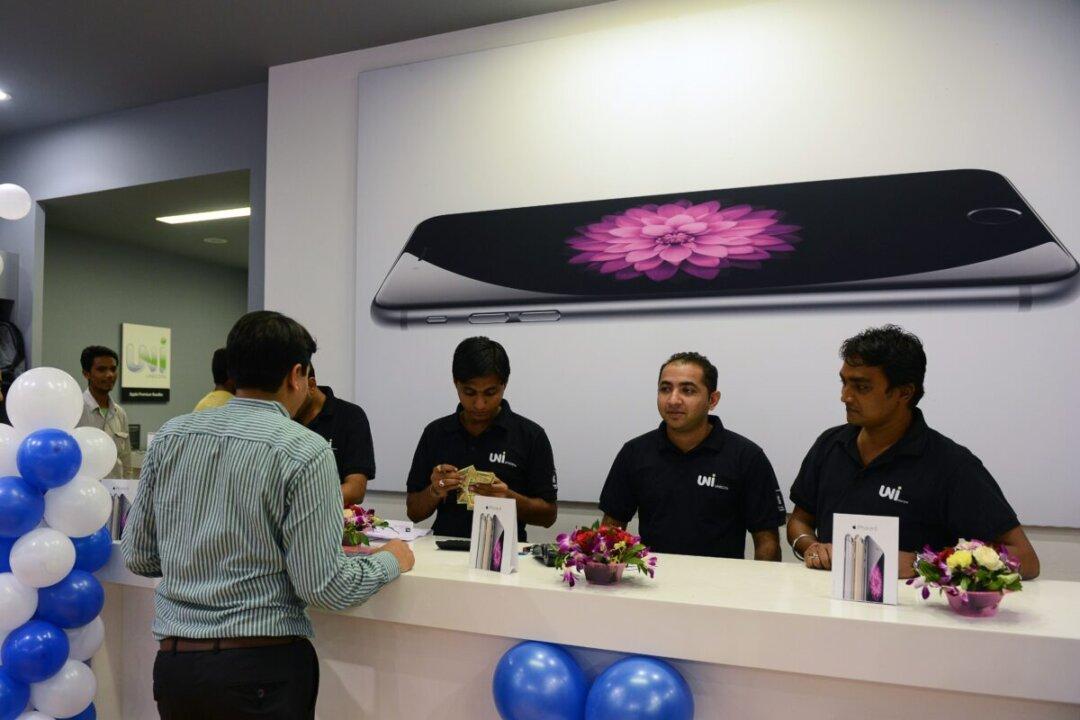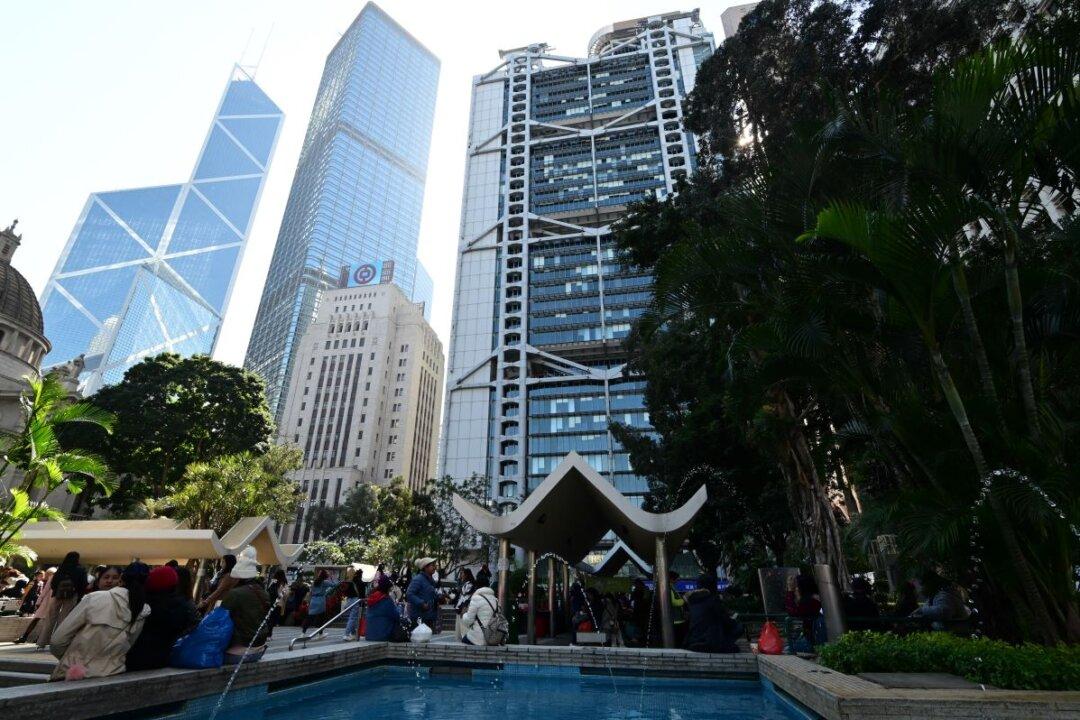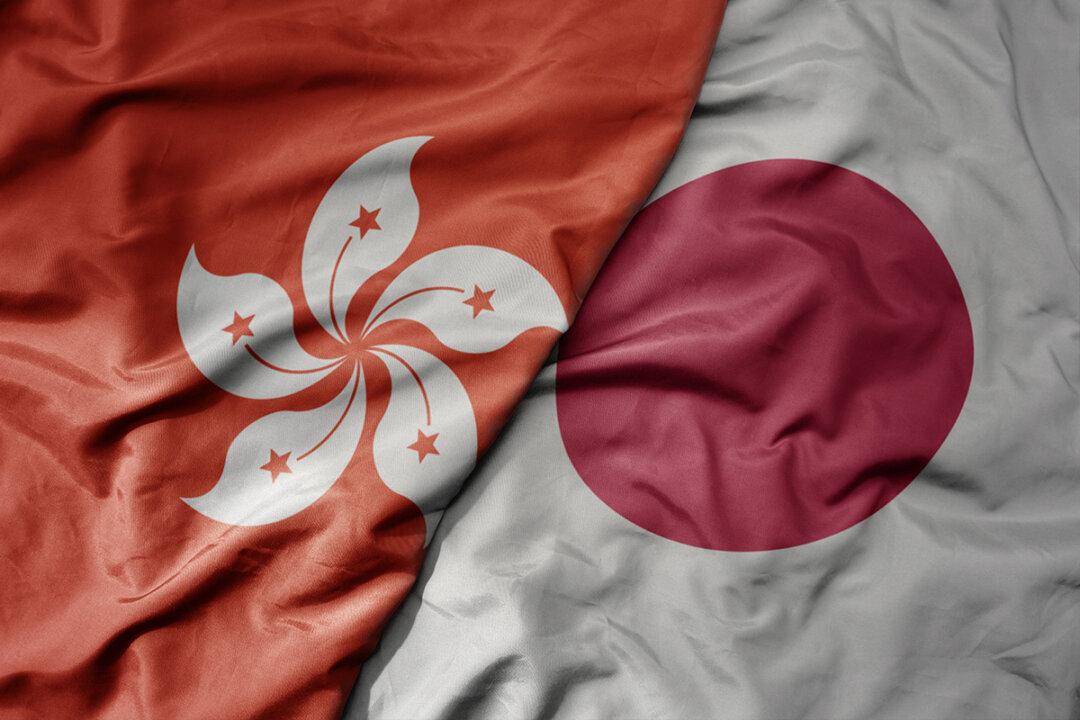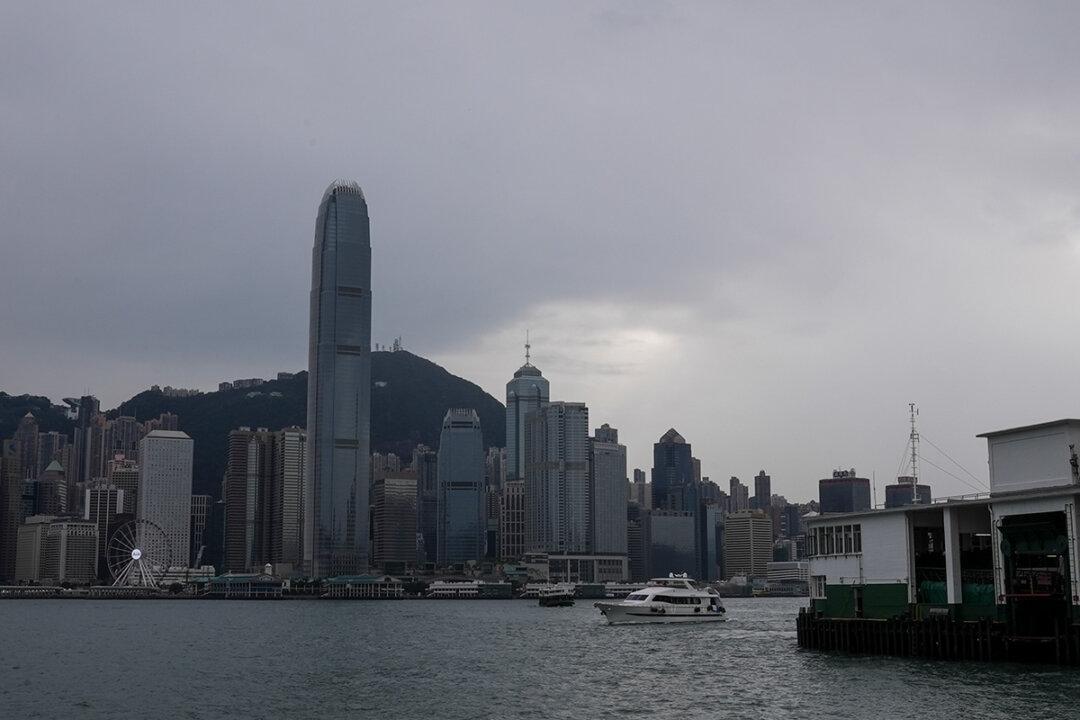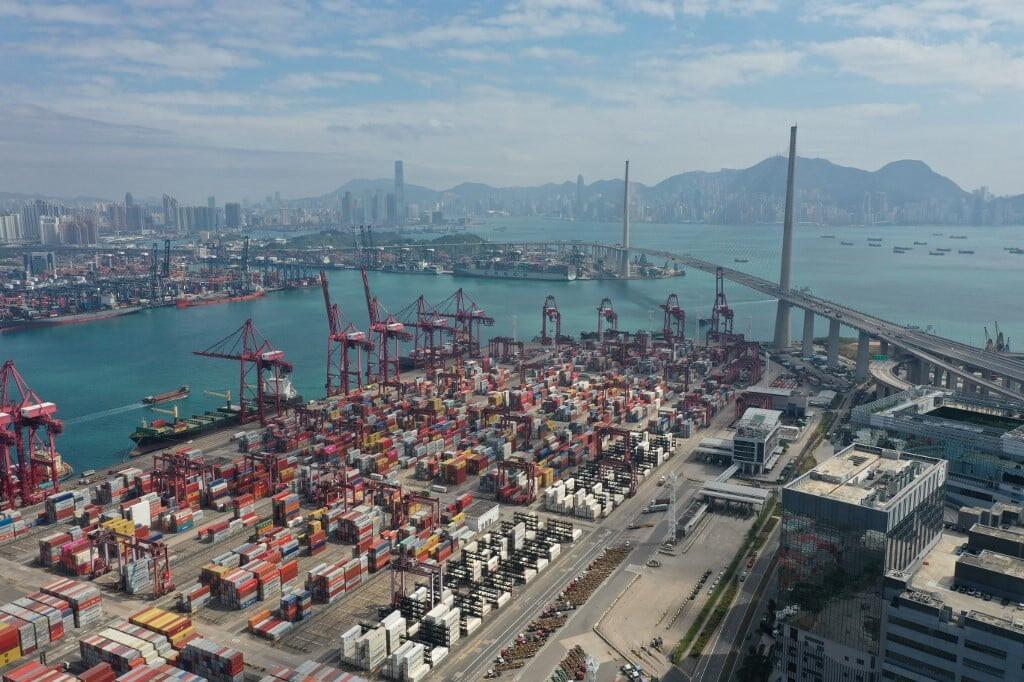Apple’s latest phone model iPhone 14 is set to be produced and assembled in India, with Taiwan-based foundries Foxconn, Wistron, and Pegatron playing key roles.
News that Apple has begun assembling iPhone 14 models in India, was released on Sept. 26 and is being seen as another indication that the tech giant’s global production strategy is tilting away from China.
